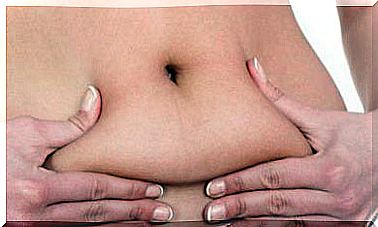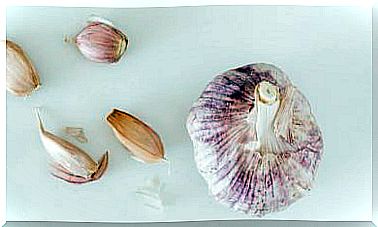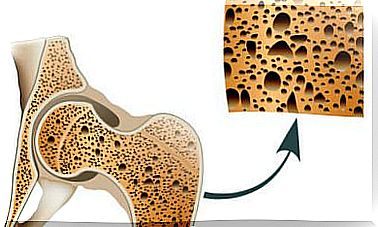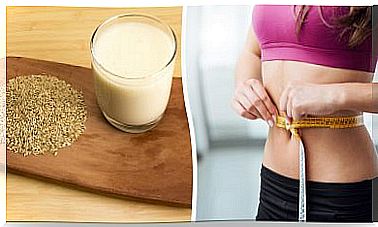Do You Get Fat During Menopause?
Many women wonder if they gain weight during menopause. First of all, we must know that menopause is a time in a woman’s life when menstruation stops. Often, it occurs after the age of 45 and has hormonal consequences.
In this stage, the ovaries stop producing estrogen and progesterone. A woman is considered to have reached menopause when she has not had a period for a period of one year. However, it is a process that comes with other physical changes that are worrisome.
One of the main fears of women about this stage is the possible associated weight gain. Next, we will reveal to you what is true in this fact, the mechanisms involved and what we can do to prevent it. Do not miss it!
Hormonal changes during menopause
To answer the question of whether you gain weight during menopause, it is important to note that a series of important hormonal changes occur during this period. Although these could be related to weight gain, the truth is that experts link it more with aging itself.
Muscle mass decreases as we get older, especially in the absence of regular exercise. This loss of active tissue leads to a significant reduction in caloric expenditure and, consequently, to low weight gain without altering dietary behaviors.
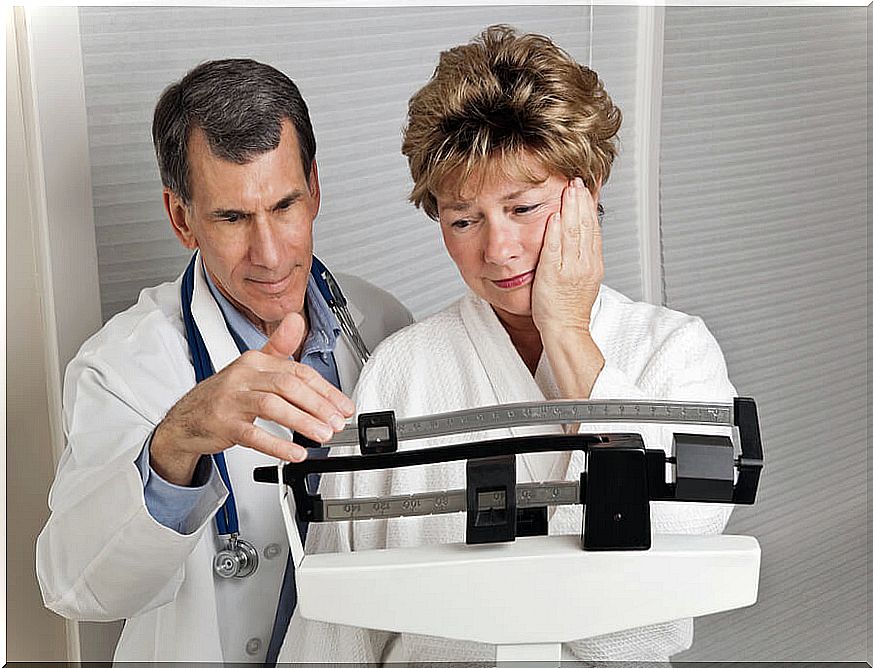
This study from the journal “Climacteric” suggests that “hormonal changes could be related to the gain of fat mass in the abdominal area.” In addition, he proposes estrogen therapy as a solution to this problem.
However, it also concludes that more studies are necessary to corroborate the efficiency of this type of therapy on body composition.
How to prevent changes in body composition?
Hormonal changes and loss of muscle mass must be compensated to avoid unwanted weight gains. To improve the metabolic rate, the best is a plan of strength exercises that prevent the loss of active tissue.
In addition, the scientific literature ensures that regular exercise in postmenopausal women is essential for the prevention of problems such as osteoporosis. From the nutritional point of view, it is necessary to take a series of measures to provide the nutrients that the body needs but without producing an energy imbalance.
1. Intermittent fasts
It’s a great way to eliminate a good handful of calories a day without unduly high effort. It is best to skip breakfast, as hormonal cycles produce less appetite in the morning.
Likewise, studies ensure that these types of dietary protocols are positive for the prevention of complex diseases and the appearance of type 2 diabetes.
2. Decrease in carbohydrate consumption
The function of carbohydrates is fundamentally energetic. In menopausal women, unless they are subjected to a resistance exercise plan, the needs of this nutrient are diminished.
For this reason, it is positive to reduce carbohydrate intake and slightly increase protein intake. This strategy will help prevent muscle loss.
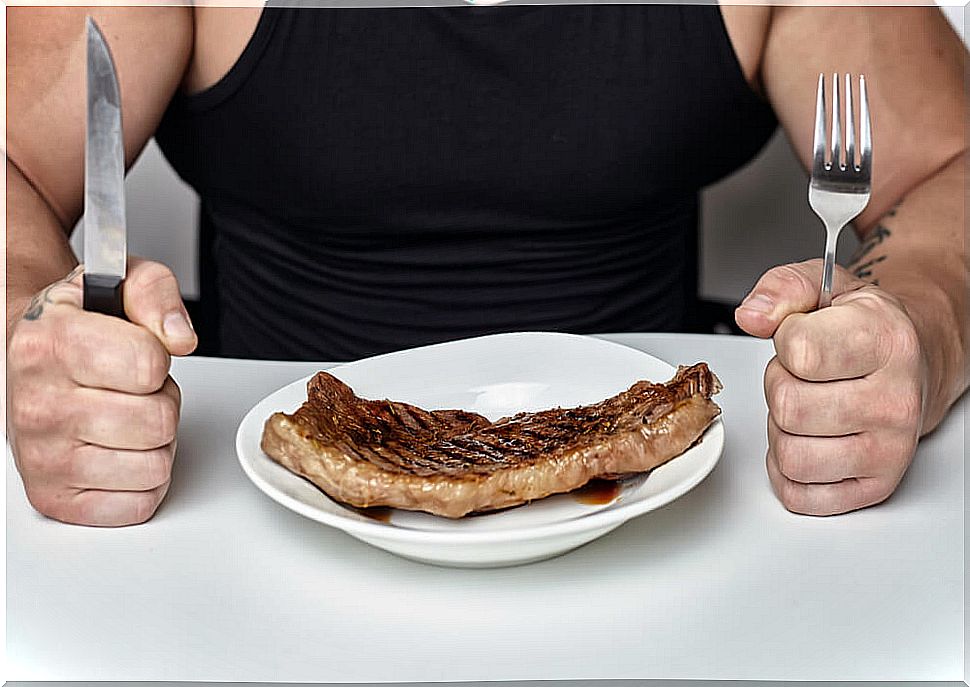
Now, strict ketogenic diets can be difficult to follow in many cases. In addition, its fiber deficiencies can be a problem for intestinal health. However, we can carry out a low carbohydrate diet without these drawbacks, if we know how to choose their origin.
Consuming whole grains and unprocessed foods will provide the necessary amount of fiber for the body. In addition, the consumption of fiber is related to the prevention of cardiovascular risk according to different studies.
3. Choose fresh and seasonal foods
In a stage of life so delicate from the hormonal point of view, it is necessary to ensure the supply of vitamins, minerals and antioxidants. There is no better ally for this function than fresh food.
Leaving aside industrial products, we will improve the supply of micronutrients and reduce the consumption of trans fatty acids and chemical products.
In addition, the regular appearance of fruits and vegetables in the diet will provide the amount of antioxidants necessary to fight against aging and free radicals.
If you want an extra contribution of these nutrients in your diet, keep in mind that the scientific literature lists blueberries and berries as one of your best allies.
So… do you get fat during menopause?
The process of body composition change during the menopausal period is totally avoidable. Despite a series of hormonal changes and aging, which can negatively affect fat gain, there are methods to effectively compensate for these imbalances.
Eating a healthy diet, rich in fresh produce, along with regular strength exercise, will prevent the appearance of unwanted abdominal fat from the age of 45.

